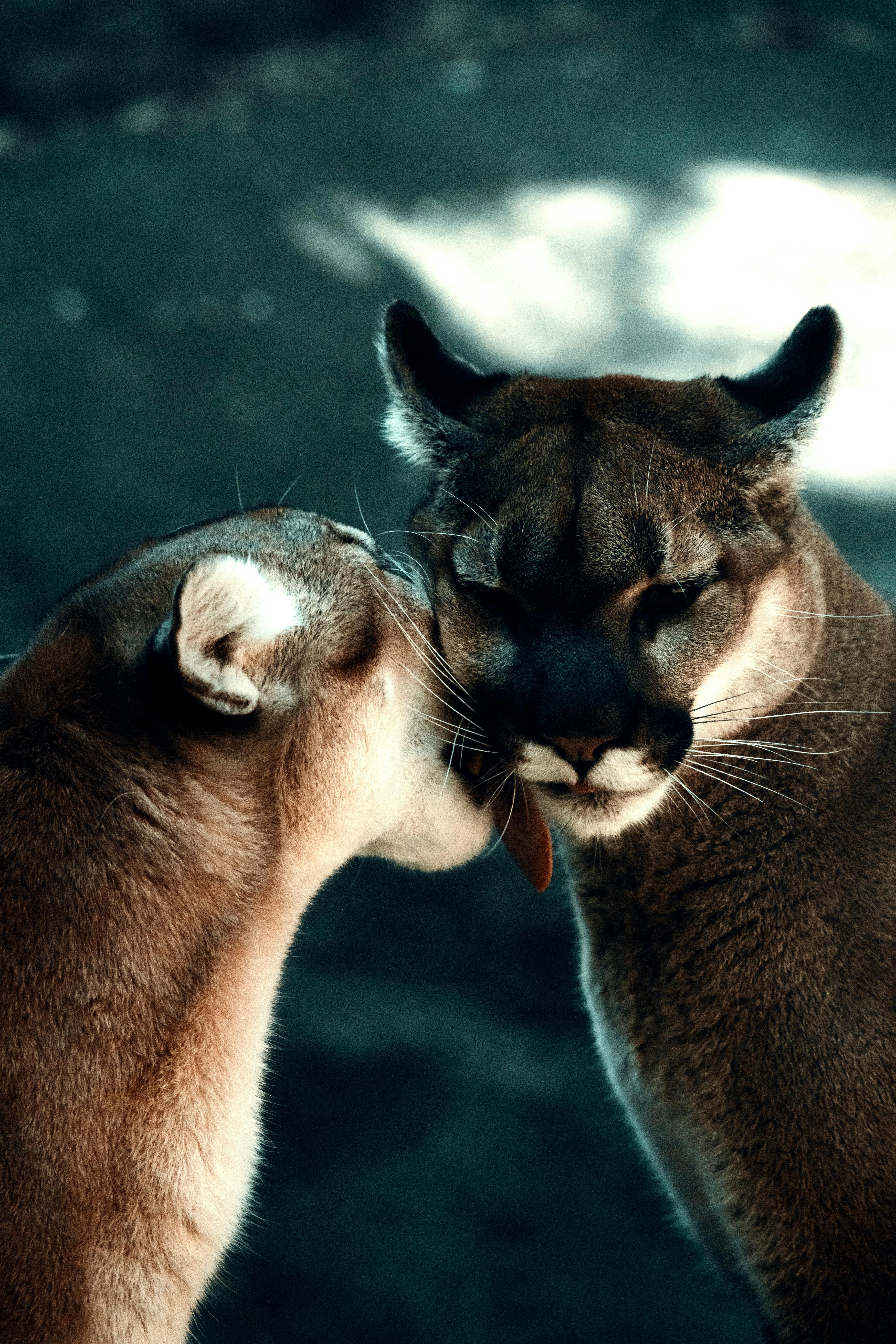Understanding Gerbil vs Guinea Pig Differences in 2025
Pet ownership comes with its joys and challenges, particularly when considering two popular options: gerbils and guinea pigs. Understanding the critical differences and similarities in their care, personalities, habitats, and social behaviors enables prospective pet owners to make informed decisions. This guide comprehensively assesses the main factors in the gerbil vs guinea pig comparison, helping you choose the right pet for your lifestyle in 2025.
Gerbil and Guinea Pig Basic Care
Before delving into the differences between gerbils and guinea pigs, it's essential to understand that **gerbil care** and **guinea pig care** each have their unique requirements. Gerbils are generally smaller and are more adaptable in their housing needs compared to guinea pigs. When new owners consider bringing home a pet, it's crucial first to assess each animal’s dietary, social, and environmental needs.
Feeding Habits
Understanding the **gerbil diet** in comparison to the **guinea pig diet** is vital for their health. Gerbils primarily thrive on a diet of pellets specifically formulated for their nutritional needs, supplemented with occasional fresh fruits and vegetables, such as carrots or apples. On the other hand, guinea pigs require a vitamin C-rich diet due to their inability to produce this vitamin naturally. Timothy hay should form the bulk of guinea pigs' diet, along with specially formulated pellets and veggies like bell peppers and leafy greens. Ensuring their diets meet all nutritional needs will aid in preventing common health problems associated with poor nutrition.
Housing Requirements
When it comes to **gerbil housing needs** versus **guinea pig housing needs**, the differences are striking. Gerbils thrive in smaller cages with deep bedding where they can tunnel, while guinea pigs require more spacious accommodations due to their larger size and need for social interaction. A typical gerbil enclosure might be a simple, secure aquarium with bedding that promotes chewing and digging, like aspen shavings. Conversely, a guinea pig needs a cage with room for exercise, like tunnels and ramps to encourage movement, along with cozy hideaways for rest. Each habitat should reflect the animal's natural environment to ensure a fulfilling life.
Socialization and Personality Traits
Social behaviors are an important aspect featuring distinct differences between gerbils and guinea pigs. Both species have unique **gerbil personality** traits and **guinea pig personality** traits that influence how they interact with humans and each other. Understanding these nuances lays a solid foundation for positive pet-owner relationships.
Behavioral Traits and Social Structure
Gerbils generally exhibit a curious and inquisitive nature, often engaging in tunneling and exploring. On the other hand, guinea pigs tend to be more social animals that thrive on companionship. Their **social behavior** is characterized by vocal communications and interactions with their peers, requiring careful consideration of their need for socialization. Owners should ensure that guinea pigs are housed in pairs or small groups to prevent loneliness and promote mental wellness. It’s wise to research their **social behavior analysis** before selecting a pet to ensure suitable companionship for whichever animal becomes part of your family.
Gerbil vs Guinea Pig Personality Analysis
From the perspective of **gerbil personality** versus **guinea pig personality**, gerbils typically display a more robust and adventurous temperament, often engaging in playtime activities and requiring **gerbil enrichment activities** to keep their minds stimulated. In contrast, guinea pigs tend to bond more deeply with their owners and express emotions more vocally. Managing their interactions can enhance their emotional well-being, with **guinea pig enrichment activities** tailoring to their playful yet gentle nature. Observing their behavior closely allows owners to provide the needed engagements that fulfill each pet's unique personality.
Healthcare for Pets
Health observations and the overall wellness of gerbils and guinea pigs should be a core aspect of ownership. Being informed about possible **gerbil health issues** and **guinea pig health issues** is critical for early detection and intervention, ensuring that your pet lives a long and healthy life.
Common Health Concerns
Understanding **common gerbil diseases** and **common guinea pig diseases** will help prepare owners for potential health issues. Gerbils frequently suffer from issues related to dehydration, dental health, and accidents due to their energetic behavior. In contrast, guinea pigs often contend with respiratory diseases and dental problems because of their diet. Frequent vet check-ups are valuable for maintaining long-term health, allowing early detection and treatment of these issues linked closely to their **lifespan** and overall quality of life.
Recognizing Signs of Illness
Recognizing when your pet is unwell is crucial. Observing **gerbil sickness signs** or **guinea pig sickness signs** can facilitate timely veterinary consultations. Signs include changes in eating habits, sluggishness, or unusual vocalizations. For both types, implementing regular health checks can help monitor their well-being. Consistent observation of behavior and exercise is advisable for ensuring they remain in good health, coupled with dietary monitoring to avoid illness.
Summary and Conclusion
Owning a pet requires dedication to understanding their unique traits, care requirements, and health considerations. From the **gerbil vs guinea pig comparison** of dietary, personality, and social needs to their respective health concerns, knowledge is key to creating a nurturing environment. Preparing for life with either pet in 2025 means garnering insights into their similarities and differences to adapt accordingly. With the rights tools and information, pet ownership can lead to rewarding experiences and companionship.
FAQ
1. How long do gerbils live compared to guinea pigs?
Gerbils typically live around 2-4 years, depending on genetics and care, while guinea pigs generally have a longer lifespan of 4-6 years. Proper nutrition, housing, and socialization can influence their life expectancy significantly, making consideration of these factors essential for pet owners.
2. Are gerbils and guinea pigs good pets for children?
Both pets can be excellent choices for children, though their requirements differ. Gerbils are often seen as low-maintenance introductory pets, making them suitable for younger children. Guinea pigs, on the other hand, require more interaction and care, promoting responsibility and empathy as they bond with children. Selecting the right pet thus depends on the child's age and ability.
3. What are common misconceptions about gerbil care?
Many people believe gerbils are low-maintenance pets, which is inaccurate. Despite their relatively easier care needs than guinea pigs, they still require appropriate housing, diet, and enrichment activities. Regular health checks and a secure habitat are essential to ensuring their well-being.
4. How can gerbil and guinea pig housing be set up effectively?
Effective housing involves spacious accommodations with proper bedding. Gerbil cages should accommodate tunneling while preventing chewing escapes, whereas guinea pig cages should have room for hiding areas and exercise spaces. Both must be cleaned regularly to maintain hygiene and promote happiness.
5. Can gerbils and guinea pigs be trained?
Yes, both gerbils and guinea pigs can be trained using positive reinforcement methods. Training can include basic commands and socialization techniques. It is essential for owners to remain patient and consistent, as these animals respond positively to gentle encouragement and treats.
Understanding these pets opens pathways for enriching companionship while ensuring their health and happiness are prioritized. Dive deeper into the nuances between these charming creatures to foster a delightful ownership experience.


